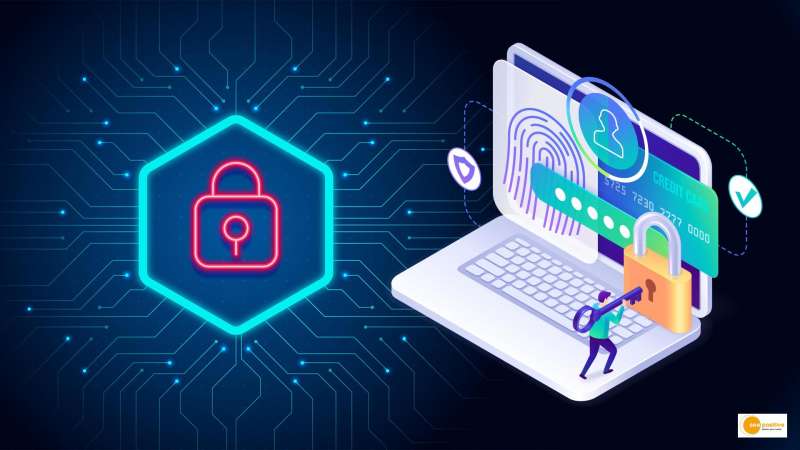

Highlights:
• Small businesses have more risks of cyber attack
• Small businesses have fewer resources to dedicate to cyber security
• Know to save business from being attacked
Growing small businesses also led to increase in a risks of being hacked also called cyber attack, by which company’s confidential information are leaked.
Since the beginning of the COVID-19 pandemic, small businesses have quickly adopted remote working and transitioned to new technologies, such as contactless payments and online ordering. But, these adjustments have come with increased risks.
According to report from Barracuda, a cloud and networks security company, small businesses with less than 100 employees receive 350% more social engineering attacks like phishing, scamming or email compromise.
Small businesses have fewer resources to dedicate to cybersecurity, leaving them vulnerable to the ever-evolving tactics of cybercriminals. And dealing with the consequences of a cyberattack can be seriously detrimental to a business bottom line, which can cost approximately $25,000 per year.
Tips to save your small businesses from attacks
1. Evaluate your online systems: Before protecting your business from cyberthreats, you should have a complete understanding of your current ecosystem of online computer operations. Business owners should understand where their data lives and classify what types of data they store. Andrew Lipton, vice president, head of cyber claims at AmTrust Financial Services, a small-business insurance company suggests reaching out to a legal expert, especially if you are handling sensitive information like Social Security or credit card numbers, to get a better understanding of the consequences of a data breach and get a professional opinion on how to protect your data.
Then, you can talk to your internet service provider to find the best way to secure your most important information.
2. Implement cybersecurities best practices: Even without the firepower of larger companies, small businesses can create a defense that discourages cybercriminals from carrying out their attacks, said Najma Sultana, a chief security officer at Veem, a global payment provider for small businesses, by email.
As a business owner, basic security and hygiene practices that can be implemented are:
• Installing firewalls to prevent unauthorized access to your networks.
• Using antivirus software and ensuring that its updated regularly.
• Regularly backing up data and storing it offline or in another location, not just in the cloud.
• Creating strong passwords and not using the same password across different accounts.
• Requiring multifactor authentication, which asks for two identifying factors, like a password and a code, to access accounts and systems.
You can enable these features to quickly and easily add an extra layer of security to your business.
3. Train your employees and yourself: According to the 2022 Global Risks Report by the World Economic Forum, 95% of cybersecurity issues can be traced to human error. Basic cybersecurity training can help learning to identify common threats, such as phishing emails or suspicious downloads, as well as develop online best practices, like safe browsing and strong passwords.
The Federal Communications Commission offers a free online tool to help you create a customized cybersecurity plan based on your unique business needs. Free virtual and in-person cybersecurity training events are available from the U.S. Small Business Administration and its partners.
4. Invest in cybersecurity’s insurance: Cybersecurity insurance can help protect your business from financial losses caused by incidents such as data breaches, ransomware attacks and hacking. These insurance companies will not only provide a comprehensive policy, but will also help evaluate your systems, offer advice on how to better protect your data, and connect you with additional security partners or vendors in their network.
For example, your point-of-sale system is hacked and the hackers release the stored credit card information of your customers, this policy would cover the cost of notifying your customers, investigating the incident and providing credit monitoring services. It would also cover legal fees or settlements if a customer sues your business as a result of the incident.
Also Read: National Technology Day: Integrated Approach in Science & Technology for Sustainable Future


